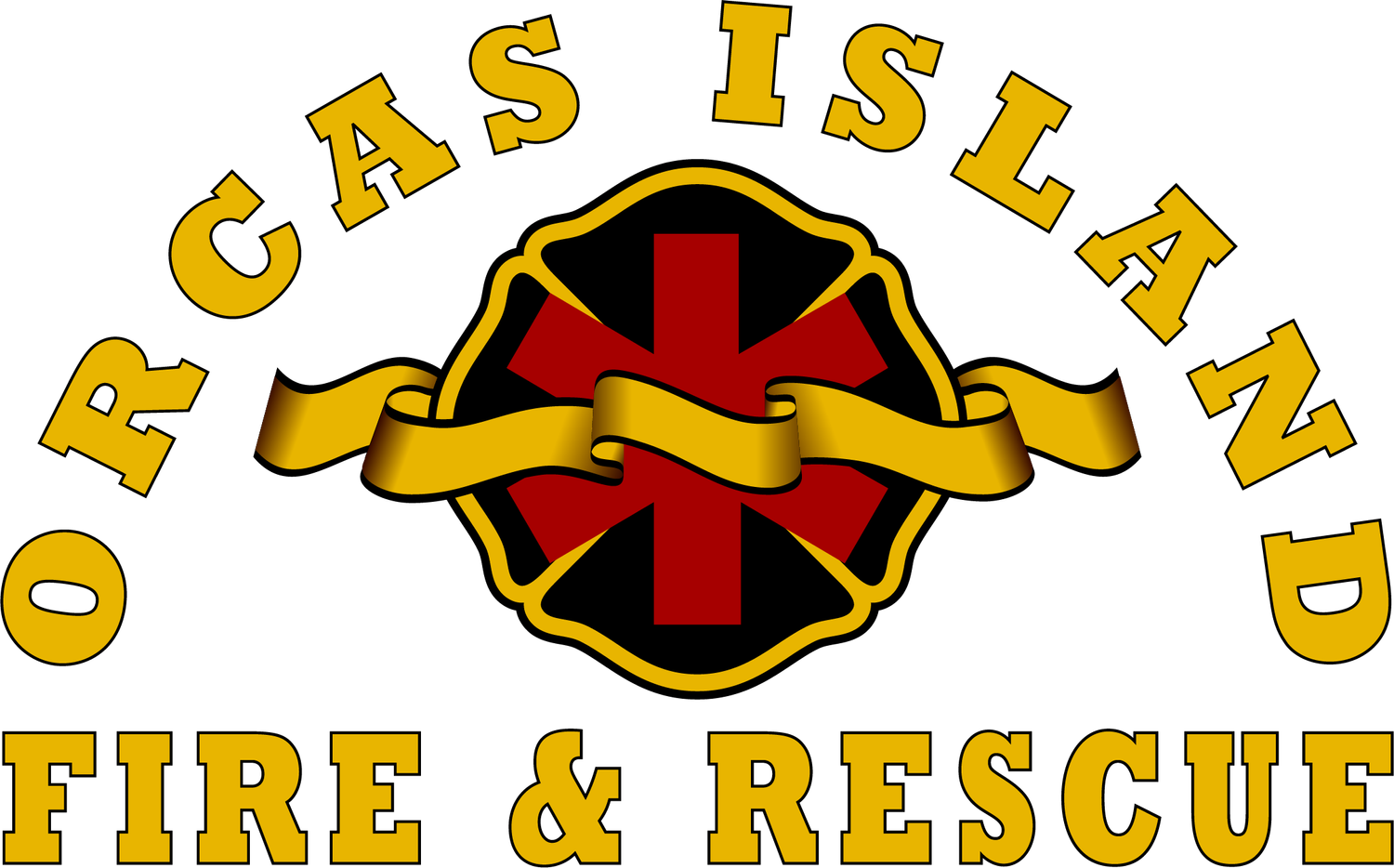Illness Preparedness
When to Call for Emergency Help
Most illnesses can be managed at home, but some symptoms require immediate medical attention. Call 911 if you or someone else has:
Serious Warning Signs
Difficulty breathing or chest pain
Blue or purple lips
Persistent vomiting (can't keep fluids down)
Signs of severe dehydration (dizziness when standing, no urination)
Seizures, confusion, or unusual drowsiness
Flu-like symptoms that improve, then return worse
For Children Under 12
Fever over 100.3°F in babies under 12 weeks
Fever over 102.2°F in children 3-6 months
Labored breathing (grunting, wheezing, flaring nostrils)
Extreme irritability or difficulty waking up
Dehydration (no tears, very little urine)
Island Living Considerations
Being prepared matters more on an island:
Keep basic medications stocked
Have a thermometer that works
Know your medical history and current medications
Plan for potential ferry delays affecting medical transport
Who's at Higher Risk
Some people face greater complications from common illnesses:
Adults 65 and older
People with chronic conditions (asthma, diabetes, heart disease)
Pregnant women
Children under 5
Anyone with compromised immune systems
Prevention Basics
Stop illness before it starts:
Wash hands frequently
Cover coughs and sneezes (use your sleeve, not hands)
Stay home when sick
Keep up with vaccinations
Maintain good general health
When in Doubt
Trust your instincts. If something feels seriously wrong, don't hesitate to call for help. Our EMTs are trained to assess whether transport to mainland medical facilities is needed.
Emergency: 911
Questions: (360) 376-2331
Additional Resources: CDC Health Information
